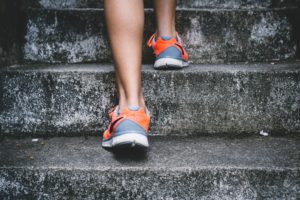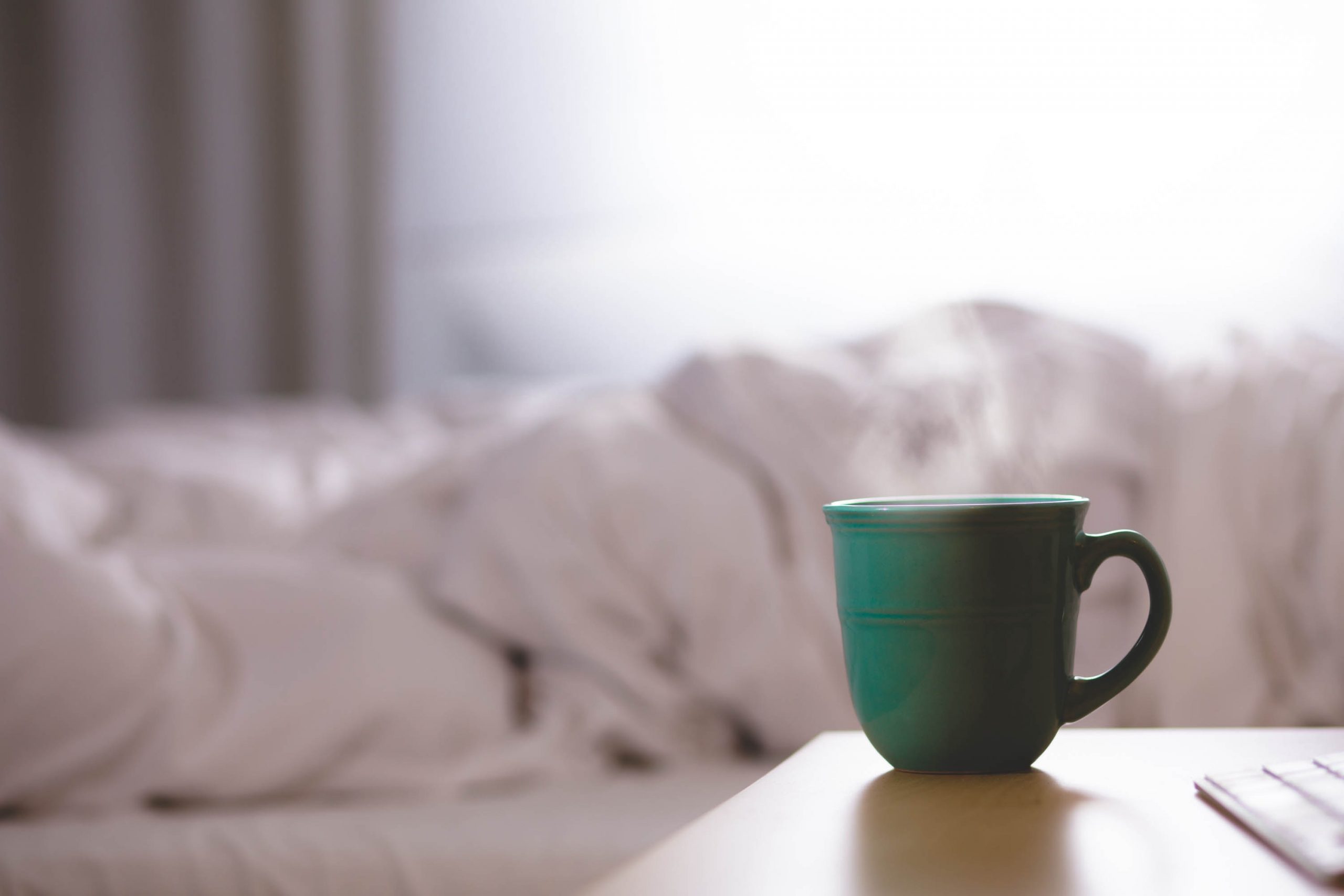Are you an older adult who has difficulty falling asleep or staying asleep? You’re not alone. Many seniors experience changes in their sleep patterns as they age, especially due to chronic illness or side effects of prescriptions used to treat medical conditions.
Lack of quality sleep has been linked to short-term cognitive impairment as well as long-term cognitive decline, an increased risk of falling, and even an increased risk of being in a car crash. In addition to feeling groggy, irritable, tired, and confused after a poor night’s sleep, older adults may also have trouble concentrating, learning new things, or remembering important details.
If you are looking to enhance your health and wellness by improving your sleep, don’t miss these 8 essential tips:
Schedule Sleep (and stick to it)

Having a set “bedtime” may feel juvenile, but it can actually play an important role in regulating quality sleep and helping you get more of it. When you rise each morning around the same time and go to bed each night around the same time, you effectively “train” your body to a rhythm that helps you wake up easier and fall asleep faster. Older adults should get between 7 and 9 hours of sleep a night according to the National Institute on Aging so schedule your sleep and wake times accordingly.
Say Goodbye to Long Naps
While short, restorative naps have been shown to support better memory and cognition in older adults, long naps have been linked to obesity and cognitive problems. Researchers recommend older adults who do like to nap during the day nag 20 to 30 minutes of shut-eye between the hours of 1 and 4 p.m.
Exercise Daily

If you have trouble with insomnia or sleep issues brought on by a chronic illness, one sure-fire way to combat both is with daily exercise. Routine physical activity promotes healthy weight management as well as “wears your body out” so you simply feel more tired at the end of the day. Hiking, dancing, swimming, cycling, tai chi, yoga . . . safe exercise options for seniors are plentiful. And for those who require the use of a mobility aid like a cane or walker, even walking, chair exercises, and resistance band workouts can do the trick.
Limit Late-day Caffeine

That post-dinner cup of coffee may feel like a pick-me-up when you’re out and about with friends, but it can seriously hamper your body’s ability to fall asleep come bedtime. If you enjoy coffee or tea later in the day, opt for caffeine-free varieties. And if you feel excessively tired in the afternoon, hit reset by taking a short nap.
Expose Yourself to Natural Light
One of the tools your body uses to regulate its natural circadian rhythm (sleep and wake cycles) is sunlight. If you are hunkered down in the house all day with the shades drawn, you are not getting adequate light exposure and this could inhibit the amount of quality sleep you get. Make sure to open drapes and blinds during the day and spend some time outside, even if it is just taking a quick walk or sitting out on the porch in the sun.
Avoid Blue Light

Did you know that many of your “smart” electronic devices emit light waves on the blue end of the spectrum and can inhibit your ability to fall asleep? Research has shown that blue light exposure can actually disrupt normal melatonin production; melatonin is an important hormone your brain releases to cue your body for sleep. Try and stay away from devices like smartphones, tablets, and computers in the hours leading up to bedtime.
Establish a Nighttime Routine
Lower the light levels as you prepare for bed and formulate a routine that helps your body wind down for sleep. This may include taking a warm bath, brushing teeth, rubbing your feet, reading a book, and so on. You may also want to consider lowering the ambient temperature in your house while you sleep. Research shows that because your body inherently lowers its temperature to trigger slumber, the optimal room temperature for sleeping is between 60 and 67 degrees Fahrenheit.
Talk to Your Doctor
If you are under a treatment plan that affects your ability to sleep, it’s worth discussing this with your doctor. Medications that make you extra tired during the day, for example, may cause you to take long naps that then make falling asleep at night that much harder. Sometimes, the amount of medicine or when you take it can be modified to promote better sleep. Put “sleep” at the top of your priority list and start a dialogue with your healthcare provider today.



